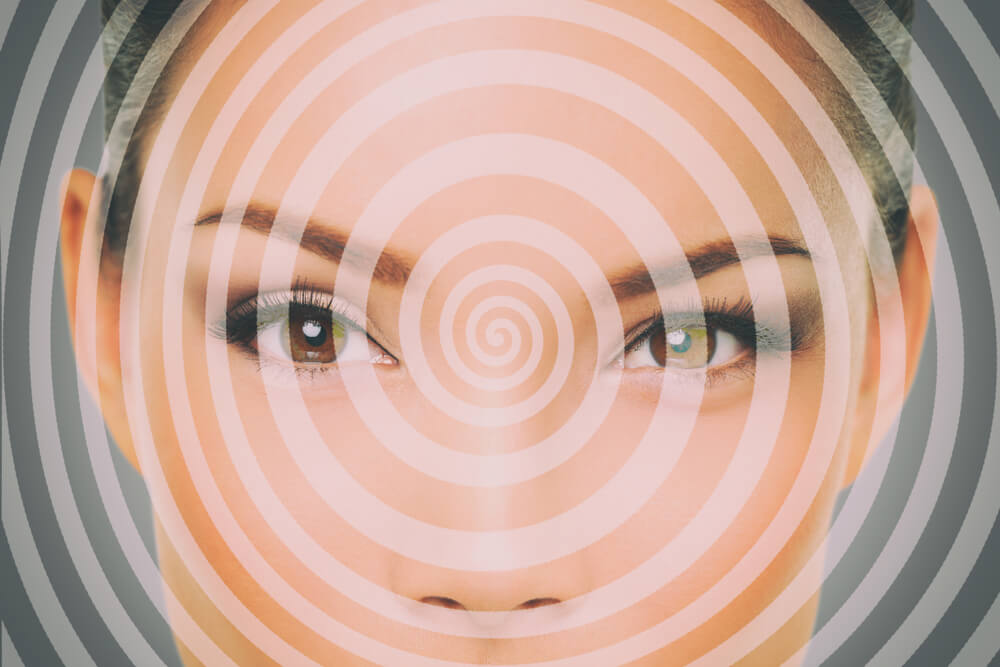Milton Erickson is considered the father of modern hypnosis, now known as hypnotherapy, this American physician and psychologist pioneered the creation and application of new forms of hypnotherapy, his influence was decisive in advancing this technique and distinguished himself also as a family therapist.
Milton Erickson was born in Nevada, USA, in 1901. At that time, hypnosis was still considered an esoteric or circus technique, but managed to overcome these superstitions and turn it into a proven therapeutic tool.
- “You feel a poem.
- You feel a painting.
- You get to the feeling of a statue.
- Feeling is a very significant word.
- Do you feel not only with your fingers.
- But with your heart.
- With your mind?.
- ?Milton Erickson-.
He did not want to identify with a particular stream of psychology, however, in his work you can see the influence of several schools, especially behavioral ones, he was the first president of the American Society of Clinical Hypnosis and gained great prestige among the psychologists of his time.
Milton Erickson didn’t have an easy life. He was the son of poor peasants and has faced various health problems since birth, was stunted in speech development and was diagnosed dyslexic at the age of 4, was also color blind and suffered from tonal deafness.
One of the most difficult experiences of his life occurred at the age of 17, at that age he had polio and was completely paralyzed, all he could do was move his eyes.
Doctors lost hope, but Milton still believed it was possible to improve, and to achieve this, he turned very attentive to the sensations of his body to sublimate them.
At the same time, his condition forced him to become an excellent observer, while he was ill he also tried to realize everything that was going on around him, allowing him to detect and understand many aspects of nonverbal language. effort, learned to walk again imitating his little sister who was taking her first steps.
Despite his great limitations, Milton managed to obtain his medical and psychologist degree. During this period he addressed Clark L’s theories of suggestion. Hull. Il was fascinated and this led him to increasingly seek the subject of hypnosis.
Milton Erickson has over time criticized Hull’s practices; He also studied sigmund Freud’s work, but also deviates from his basic approaches, which has made him one of the most important supports for systemic and family therapies.
For Milton, therapeutic intervention could not be a scheme applied without distinction with patients. He emphasized the value of uniqueness and uniqueness. Therefore, its basic principle was that each process was different and therefore had to be assumed in a concrete way. In other words, he implemented different techniques with each patient.
For Milton Erickson, the key was to help his patients overcome the symptoms they complained about, for this he used every means at his disposal, even if they were unrthodox, he even had a reputation as a guru and even a magician. .
Unlike Freud, for Milton the past was not of great importance, he thinks that the decisive thing is to focus on the present and, above all, on solving current problems.
Based on hypnosis, he has developed approaches that continue today, such as neurolinguistic programming and solution-based short therapy.
Despite having made hypnosis its main therapeutic tool, over the years it began to reduce the importance given to this technique, and gradually language became more relevant as an instrument of transformation.
Milton Erickson was primarily a clinical psychologist. I was not interested in the development of new theories, but new practices that were very effective in alleviating people’s suffering.
At the age of 50, he suffered a new case of polio. Although his condition is difficult, he took advantage of this new experience to analyze sensations and propose methods of pain management, all condensed into a book of his own.
He died at the age of 78, having made the most of his life until his last day.

